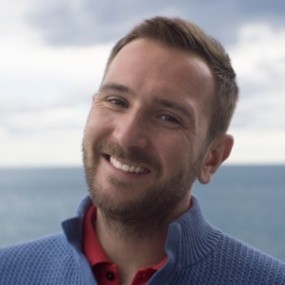Satellite events - workshops
We invite you to register for the workshops which are organized as the satellite events before and after the conference! Participation in the workshops is included in the conference fee (there is no additional fee associated with the participation). Important: there is a limit in the number of participants in each workshop group!
1. Effective Scientific Communication Skills - PAT your RAT method
Wednesday, September 20, 2023, 11:00 a.m. - 1:00 p.m.
Room # 120, Institute of Psychology, Gagarina Street 39, Toruń
Scientific communication is perhaps the most important aspect of a scientific career, which unfortunately is also the least emphasized in training. In this session, we will introduce a novel and effective approach to prepare and deliver scientific presentations using PAT (prepare, anticipate, target) and RAT (relax, articulate, translate) components. This approach will be individualized to different formats- large class format lectures, thesis presentations, flash talks, pitch talks, and virtual talks.
2. Biostatistics - Made Ridiculously Simple
Saturday, September 23, 2023, 4:30 - 7:00 p.m.
Room # 120, Institute of Psychology, Gagarina Street 39, Toruń
While we all know the importance of biostatistics in scientific research, the sources that can teach young scientists about biostatistics in a fun, engaging, and simplified way are scarce. This workshop promises to teach you the fundamentals of biostatistics- using 4 very simple steps (and no formulas!)- to figure out the most suitable tests for almost all analyses an experimental scientist would come across in their career.
Here is the registration form with which you can sign up for the two workshops described above:
About the trainer:
Dr. Ali Jawaid is a physician-scientist with training in both clinical and basic neuroscience. He completed his medical studies from Aga Khan University, Karachi, Pakistan, and followed it up with clinical/research training in Neuropsychiatry from Baylor College of Medicine, Houston, TX, USA. He then proceeded to complete MD-PhD in Neuroscience from Switzerland (simultaneous PhD degrees awarded by UZH/ETH International Program in Neuroscience and UZH MD-PhD program). Dr. Jawaid has worked extensively in the fields of epigenetics and neuropsychiatric disorders. He has authored 70+ pubmed publications including peer-reviewed articles in Nature Neuroscience, Neuron, Nature Human Behavior, Nature Communications, Trends in Genetics, EMBO Journal and Molecular Neurodegeneration, and opinion pieces in Science and Nature. His current H-index is 26. Outside of work, he is a fiction author, poet, and virtual reality-enthusiast. Dr. Jawaid currently heads the Laboratory for Translational Research in Neuropsychiatric Disorders (TREND lab) at the BRAINCITY: Center of Excellence for Neural Plasticity and Brain Disorders, Nencki Institute of Experimental Biology, Warsaw, Poland. TREND lab is focused on dissecting the liaison between non-coding RNAs and metabolic factors in the long-term sequelae of early life trauma; and investigate how metabolism can be manipulated to counter its neuropsychiatric manifestations across generations.
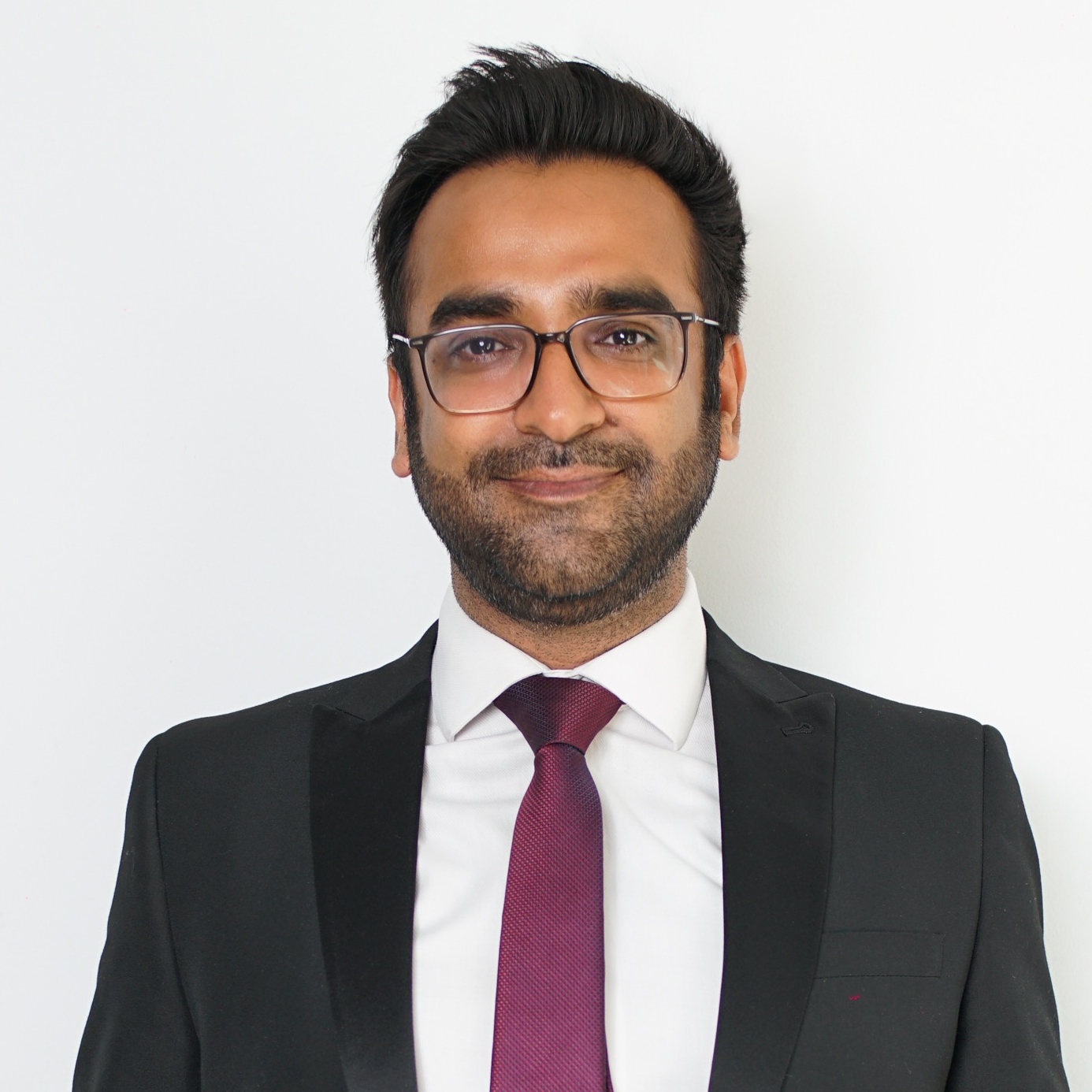
3. ScienceDirect – find your path from hypothesis to discovery – two workshops
Today’s researchers have broad, multidisciplinary workflows. To connect the dots and see the big picture, they need access to reliable interdisciplinary research using a wide range of content types – not just journals.
ScienceDirect uniquely offers cross-links and advanced technology, enabling researchers to find relevant information at their point of need. The different content types work in harmony on ScienceDirect.
Workshops are sponsored by Elsevier
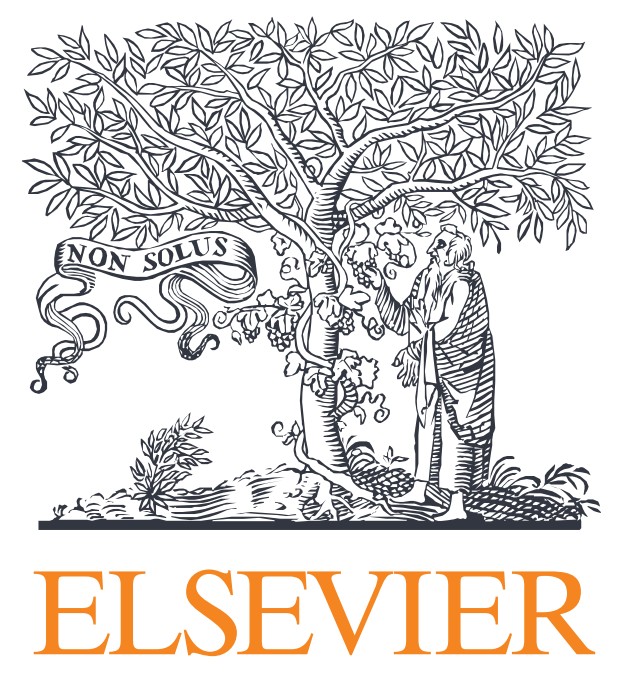
Wednesday, September 20, 2023, 11:00 - 1.00 p.m.
Room # 121, Institute of Psychology, Gagarina Street 39, Toruń
How can I use the world's scientific databases to advance my research? Discover Scopus and ScienceDirect
Find a quick path from exploring an idea, to searching for relevant literature, and finally getting to the full test of a scientific publication. Learn more about Elsevier's largest scientific databases. Scopus and ScienceDirect are excellent solutions that support researchers in their daily work. Learn about the differences and similarities of the two databases. Understand when to use Scopus, when to use ScienceDirect, and learn how to use them together efficiently.
During the training:
• discover Scopus and ScienceDirect - a brief introduction to scientific databases
• strategies for discovering valuable sources - case study
• effective searches of scientific literature - tips & tricks
• Q&A
Here is the registration form with which you can sign up for this workshop:
If you prefer, you can use the QR code:
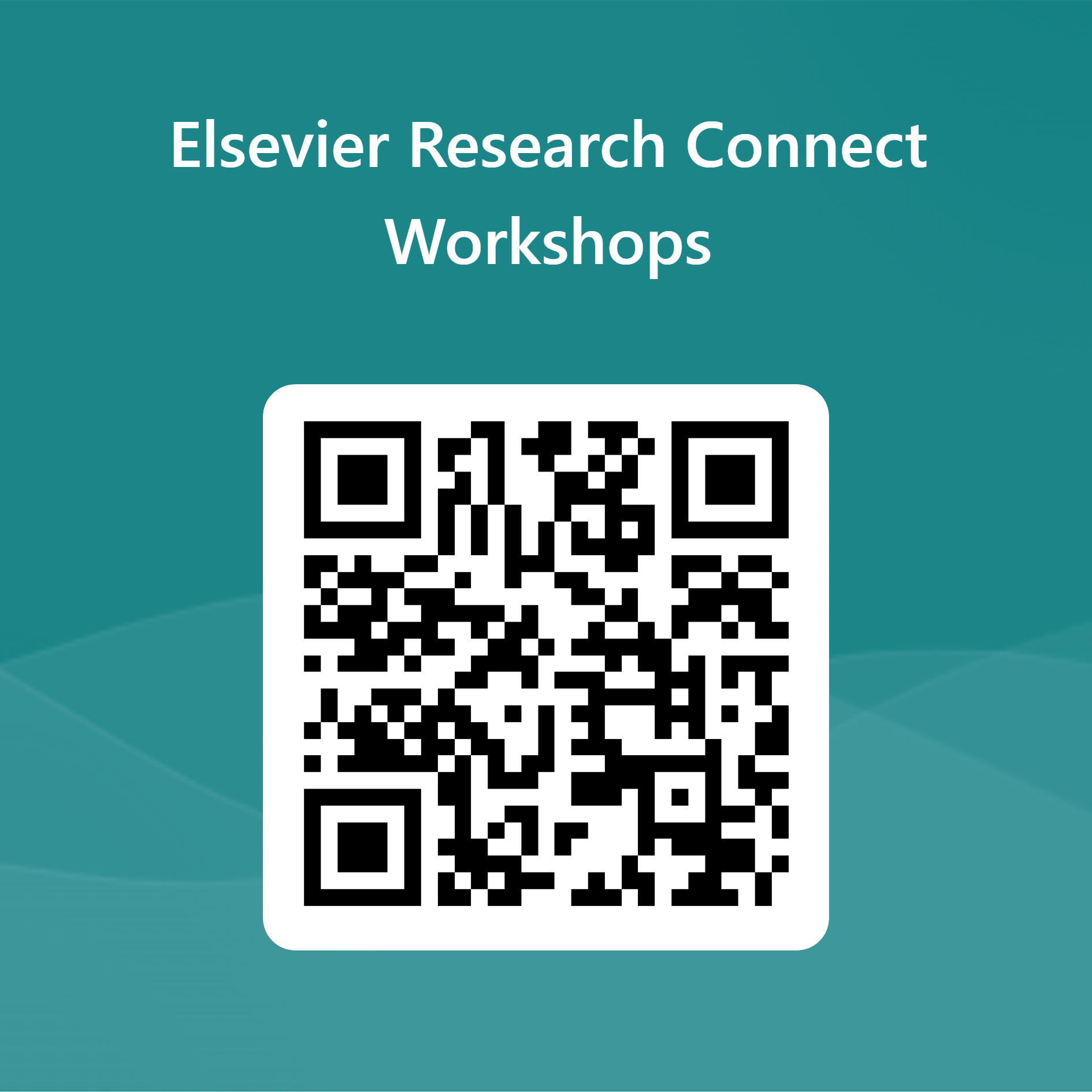

About the trainers:
Paula Milewska joined Elsevier in 2019, first working as a freelance trainer and then assuming the role of Customer Consultant in 2021, both in support of customers in Central and Eastern Europe. Her expertise is in training—knowing how best to package and present information so it’s relevant and actionable.
A librarian by degree and training, Paula worked as a librarian at the University of Lodz, the University of Humanities and Economics in Lodz and the Medical University of Lodz and served as a board member and project manager for the Phenomenon Foundation.
Paula was awarded an undergraduate degree in Polish Philology and a master’s degree in Library Science from the University of Lodz and matriculated from the elite leader education program at the School for Leaders Foundation and the Polish-American Freedom Foundation.
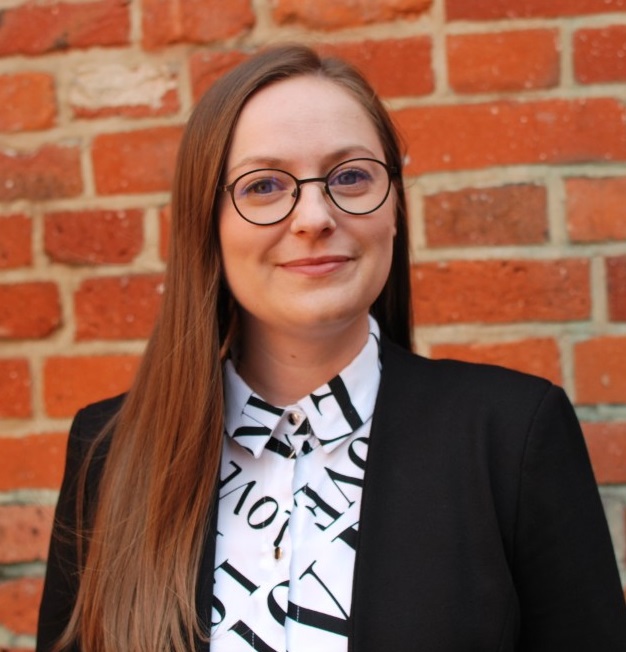
Helena Paczuska is a Regional Manager of eBooks on ScienceDirect. She operates in Eastern Europe and Central Asia.
She has worked for over 20 years at the interface of publishing and science and technology in a variety of roles: at Warsaw School of Information Technology under the auspices of the Polish Academy of Sciences as head of languages centre and later as head of international student office, Caterpillar Inc. as sales office manager, Cambridge University Press Poland where she was Country Manager and Elsevier, which she joined in 2014. Helena is passionate about working with scientists and librarians to help them meet their strategic goals and empower research success. In 2019 awarded Lead the Way Award: Engage and Understand the People We Serve, in 2022 Applause Award: Customer Centric category. She holds an Executive MBA degree awarded by Institute of Economics of the Polish Academy of Sciences.
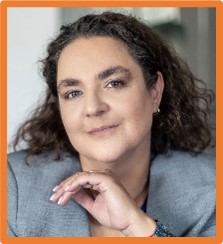
4. Source localization using dipole modeling and the Bayesian source estimation method SESAME
Wednesday, September 20, 2023, 11:00 - 1:00 p.m.
Room # 016, Institute of Psychology, Gagarina Street 39, Toruń
Please register here for the workshop (note that registration is only possible for participants at the congress)

Exploring data using EEG source analysis started historically with something called dipole modeling. But over time, new methods have established themselves; we would like to particularly focus on one of them, known as SESAME. Linking the two methods is like connecting the dots between the past and the future.
Our workshop has a clear main aim: to teach participants how to use the reliable dipole modeling technique for studying EEG data. Though it might seem a bit challenging at first, it's really valuable. When we use it correctly, we can uncover insights that other methods can't provide, like source-based connectivity.
During the course of our workshop, we'll then take things up a notch. We'll show you how to make the dipole modeling process even better by incorporating the latest SESAME technique. It's like applying the final touch to something already good and making it even better.
About the trainer:
Mateusz Rusiniak holds concurrent roles as a Test Manager, Developer, and Research Scientist at BESA GmbH. Despite the demands of his professional responsibilities, his ongoing fascination with neuroimaging, particularly in the realm of multimodality, remains very much alive. His sphere of expertise encompasses simultaneous EEG-fMRI methodologies, as well as astute proficiency in ERP data analysis and EEG/MEG source analysis.
Since joining BESA GmbH in 2016, Mateusz Rusiniak has consistently charted a trajectory of advancement in his scientific career. His pursuits encompass differentiated aspects of data analysis, while concurrently endeavoring to bridge the gap between research accomplishments and their meaningful translation into clinical practice.
